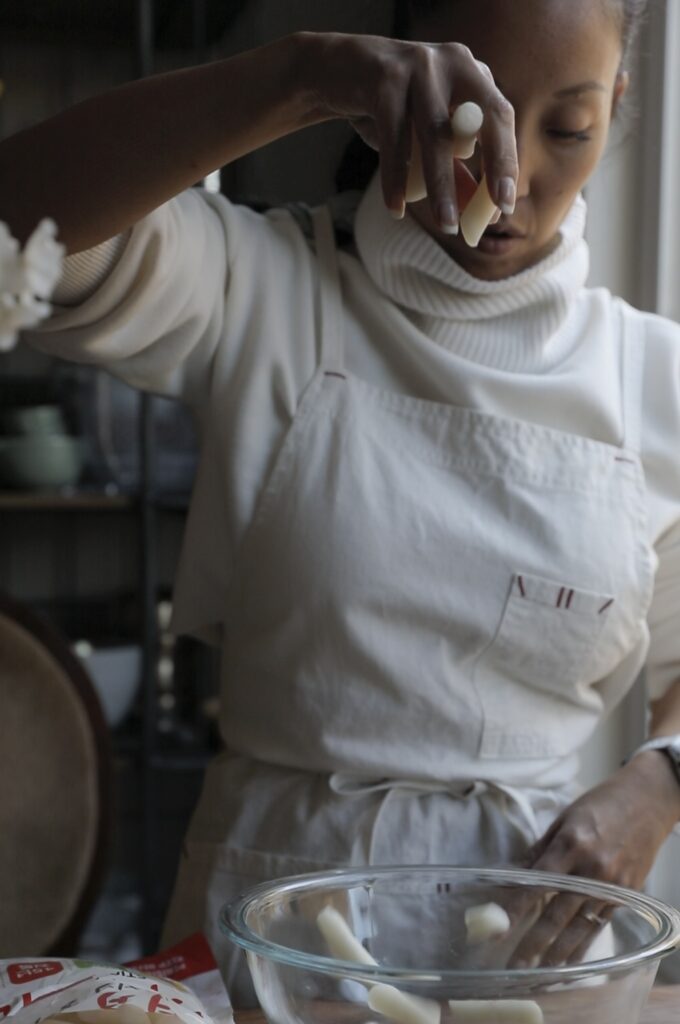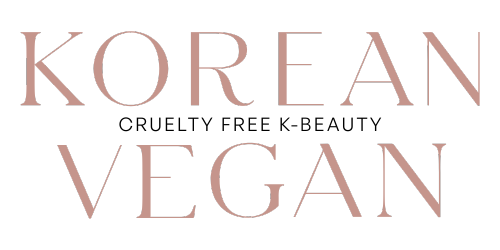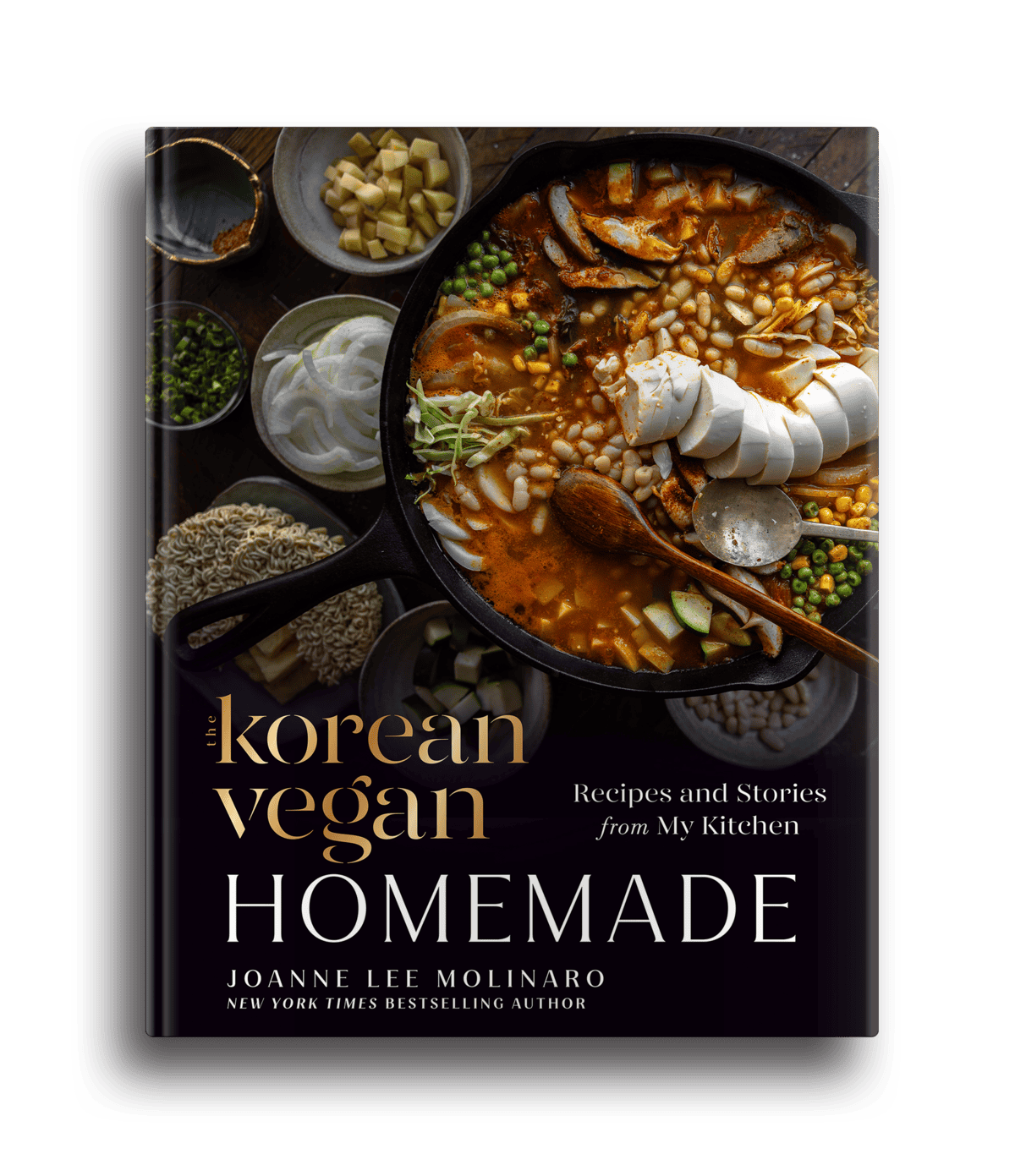That Time America Ghosted Me.
Election morning looked a lot like every other morning in Chicago this time of year. A blue-grey fog stole across our bedroom, as the first hints of daylight filtered through the amber-headed tree slumbering outside our window. I slip a bare leg out from beneath the thick comforter because it’s already growing a little warm, despite the 2-inch crack of window I’d left open the night before. Anthony scrolls through his phone for a minute in silence before letting out a sigh. I turn my head.
“What?”
“I can’t believe it’s Election Day,” he answers. “I’ve been waiting for this day for four years.”
I say nothing, but my lips stretch into the start of a slow smile, because he is right. There is something a little like Christmas Morning today, as if the day will start and end with snickerdoodles, the scent of fresh pine, excessive laughter and of course, the unwrapping of gifts.
Today’s gift would come from the American people:
The removal of Donald Trump.
We cheerily clamber from bed to start breakfast, where in lieu of the Great British Baking Show (our TV du jour, these days), we silently agree to keep on the news. While the bread is toasting, the espresso machine is warming up, and my dog is snuffling at his food bowl, I click on the camera of my phone and begin recording everything: the TV, the toaster, the espresso machine, and, of course, Rudy — the unsuspecting star of my very first vlog: “Election Day.”
Before starting my day “at the office” [at my kitchen table], I scroll through my Twitter. I think about how four years ago, I discovered how Donald Trump had been elected through Facebook. I fire off a quick Twitter thread, designed to document what a difference four years can make:
“One year ago, I woke up at 4 am and stepped to my computer with a little trepidation but mostly excitement. I clicked on my Facebook and scrolled quickly looking for the beatific smile of the first woman President. Instead, I saw angry posts. And one that I won’t ever forget.“
– The Korean Vegan (@thekoreanvegan) November 3, 2020
We knew the polls would not be reporting results until much later in the day, but both of us wanted to suck these moments dry, to savor the taste of this triumph. After all, we’d been relegated to bread and water since November 8, 2016. By mid-afternoon, Anthony came in from Rudy’s third walk and demanded,
“Is Joe Biden President yet?”
And I laughed, because I knew it’s only a matter of time before I answer in the affirmative.
Because, again, I knew that in a few hours, America and I had a date.
One we’d been planning for 4 years.
Several hours later, at around midnight, I am still waiting for America to show up.
I’ve been ghosted.
I wake up soundlessly the morning after Election Day at 4:37 a.m.
I immediately reach for my phone (which I’d left buried beneath my pillow) to check the news, hoping that, by some miracle, the world had tilted back onto its axis while I’d slept, ignoring the sudden grip of panic from the familiarity of this feeling, of this motion. I’d done exactly the same thing four years ago — woken up in the pre-dawn, headed over to my computer, only to discover that the world had fallen clean off its axis and dropped into what could only be a parallel universe. One I’d been trapped in for the past four years.
This time, though, there is no “Shame on you America!” populating my Facebook feed, no headlines of sheer disbelief.
Yet.
I roll out of bed, pad over to the bathroom in my robe. I take an uncharacteristically long shower. I pull my hair back into a tight bun, put on a suit jacket, and a string of pearls. I had a court appearance, client meetings, and a mediation to prepare for, and I’d gone to bed the night before determined to plow through the day as if I didn’t care about the polls.
Anthony rouses from bed, too. I don’t say good morning, I can’t even bring myself to look at him, because I couldn’t bear to have him look at me, in that way, with that particular gaze reserved for someone who felt Election Day — differently.
On days like today, suddenly, as if by sorcery, an ocean comes between us and threatens to swallow both of us. Because he knows that Election Day means something a little bit different to me. And I know he knows this. And he knows that I know that he knows this. It’s precisely this loop, the reverberation of this gaze, that makes me want to hide from every person who doesn’t look like me.
From every person who looks like him.
Because Anthony is white.
I am not.
“I feel like America bitch-slapped me across the fucking face.”
I say this, in part, out of frustration that I am explaining, for the millionth time, why Donald Trump’s election wounded me, so personally, but even as I say these words out loud, I realize just how true they are.
Anthony and I had just hit a stride in our relationship. After a bumpy first year of courtship, we’d settled into “serious relationship”-hood: we went to Italy together, we moved in together, we went vegan together.
I had been completely unready for the massive wedge that sprang to life between us literally minutes after I’d found out Donald Trump had been elected. I found out at 4 in the morning by heading over to my computer in the living room and scrolling through my Facebook feed, while Anthony slept. After the initial shock wore off, I went to the bathroom to cry, so I didn’t wake Anthony. I turned on the shower, crawled into the tub, and sat there, my arms wrapped around my knees, my tears indistinguishable from the water pelting my body. But before too long, Anthony, his eyes still bleary, stepped into the bathroom.
“What’s wrong?” he asked.
“Donald Trump is the President,” I sobbed.
He shook his head.
“So? Everything’s going to be fine. Just go to bed.” He turned around and followed his own advice.
I cried by myself.
I will never forget the morning after Election Day. We were at his mother’s house for breakfast — where we ate breakfast every single day. It was my job to make toast, his job to mix lattes. I was slicing up the strawberries with his mother’s small paring knife. They were plump and juicy between my fingers and I could feel my heart pumping itself into a balloon in my chest as I tried to pretend that it was just another ordinary morning. But I just couldn’t. Tears started dripping down my chin as I continued to run the knife through each strawberry, as Anthony whistled while he pressed the buttons on the microwave to heat up chocolate milk. Anthony’s mother walked in, make up — perfect, hair — perfect, and I dissolved on the spot. Hiccuping sobs spilled onto a cutting board filled with perfectly cut strawberries, as Anthony’s mother collected me in her arms.
Over the next several weeks, Anthony and I battled through hours long discussions punctuated with “bitch-slap” analogies and other pithy descriptions aimed at expressing my rage and fear. America had indeed betrayed me — the land of the free was actually, in my mind, the land of the racists. All those memories of being called a “chink” or “gook,” of being told to “go back to your country,” of being asked, “can you see out of those eyes?” — they came together as a rough and ugly collage of the America I woke up to that morning. When I expressed my fear that Donald Trump would inspire racially motivated attacks against people like me, my brother, my parents, Anthony blithely replied,
“You’re overreacting. Stop paying so much attention to Facebook.”
The America I knew disappeared overnight, and every single time Anthony couldn’t see my pain, every time he told me “it’s only four years — how much damage can he do?”, I could feel the chasm swelling between us. Soon, it would be insurmountable.
I started wondering whether staying with someone whose experience as a white man created such an effective blind spot to my experience as an Asian woman was, itself, a form of racism. I called my cousin one night, huddled in the corner of a hotel room (we were in Philly for the Philadelphia Marathon), and asked her,
“Do you think I’m being racist to myself by staying with Anthony?”
Later, I reiterated to Anthony, “I cannot be in a relationship with someone who doesn’t get this side of me. This race issue — it’s non-negotiable,” but even as I said it, as I watched his face bunch up once more from frustration, I thought to myself, “Maybe… if you just give it some time, he’ll change.”
Anthony may seem a little cold. He is very logical and uncomfortable with strong demonstrations of emotion — from himself or others. His natural instinct is to put distance between him and anything that causes him that level of discomfort. At first, I thought it was because he had no feelings. But, I learned, in fact, it was the exact opposite. Anthony is one of the most instinctively empathetic persons I know. He literally cannot help it — because he would if he could. There is no easier way to make Anthony cry than to cry yourself. And I was crying a lot those days.
I think it was that — the total lack of restraint in my reaction to what he thought was “not a big deal” — that opened his eyes to what ultimately ended up saving us.
Six weeks after Donald Trump was elected, while I was cooking dinner, Anthony told me he’d started crying in the middle of teaching his class (Anthony is a music professor at Loyola University). Not because Donald Trump would be our president, but because he was recounting to his students how the election had affected me, how hard it was to see me cry. He told his students what he’d learned by watching me:
“As a white man, I can never understand your pain.”
Fast forward four years on the morning after it seemed America stood me up again. The memory of Anthony’s back as he walked out on me in the bathtub in 2016 resurrects itself between us. I say almost nothing as I get dressed and ready for work and he begins whistling — a habit of his that he’s largely unaware of, and something he does when he thinks I’m mad at him or stressed out.
Like the morning before, I turn on the espresso machine, drop four slices of bread into the toaster, feed Rudy. But the air is thick, heavy with all the things I can’t seem to say and Morning Joe cuts into it with the characteristic precision of a machete. MSNBC, CNN, and everyone else seemed to be confirming that the so-called “repudiation” was dead on arrival, and that there was a huge possibility that the nightmare would continue for another four years.
I seat myself next to Anthony in our kitchen booth. I shovel toast into my mouth, turn on my laptop and begin entering my time. I look through a few emails and start thinking about what I intend to say to the judge in my morning court hearing. I look up at the TV to see a map awash in red, with small pockets of blue and force myself not to feel anything.
Anthony is also eating toast, his eyes glued to the screen when he’s not looking at his phone. After I finish my coffee, I slide over to him, wrap my legs around his waist, my arms around his shoulders. I bury my head into his back — just like I’d done the day before while we watched the first results trickle in. A few seconds later, something inside me breaks. And I am crying, shaking, heaving against his body.
He pulls me closer to him, and he doesn’t saying anything. I know from the way his body shakes that he’s crying too.
But this time, not just for me.
Over the next 48 hours, we turned off the TV only to sleep, and even then, it was clear that Anthony was getting little of it. Watching him get obsessed with mathematical projections, commenting upon the stamina of Steve Kornacki, banging his fists with a “YEAH!!” against the table when a flood of Georgia votes closed the gap — it healed a wound I didn’t know needed healing. It made everything a little easier to bear, because this time, I could lean on him a little and I hoped, in some small way, he could lean on me, too.
And as the numbers started to shift, so too, our mood. Anthony refused to watch anything but the news because he wanted to watch the precise moment Georgia flipped to blue (sadly, it happened while he was asleep). We took long walks in our neighborhood — Boystown, in Chicago — partly because the weather was unusually lovely but also because we wanted to participate in the collective push to the finish line. Boystown is known for its LGBTQ+ community and we were confident that our neighbors wanted what we did:
Compassion, decency, and integrity back in the White House.
Hope.
Earlier this morning, I decided to make banana chocolate chunk muffins on TikTok LIVE. Anthony was out running a half marathon with our running team and I wanted to make sure he had something easy to eat when he came home. I left the TV on in the background though, just in case something major happened. About 400–500 people watched me mash bananas and scoop batter into my muffin tray, listened to me hypothecate on the differences between baking soda and baking powder. I threw my muffin tin in the oven at around 10:30 a.m., turned back to the camera to answer a few questions, when I started seeing:
“BIDEN WON”
“BIDEN IS PRESIDENT!!!”
“BIDEN!!!”
“WE WON!!”
flooding my comments.
It took about 30 seconds before I started crying in front of 500 strangers.
It turned out that despite the 55% of white women who voted for Trump, the 48% of white youths who voted for Trump, the increased number of Republicans who voted for Trump, the GOP’s brazen legislative enactments of voter suppression, Trump’s repeated accusations of voter fraud, QAnon’s deployment of both misinformation and actual violence against Americans tasked with the most sacred duty of counting American votes, and the historic mismanagement of a global pandemic leading to hundreds of thousands of deaths — that despite all these impediments, patriots like Stacey Abrams, Jim Clyburn, millions and million of Black Americans, BIPOCs, LGBTQs, and their white allies were able to create and mobilize a coalition bound by the purest ideals of democracy to restore honor to the office of the President of the United States and deliver the first Black and Asian American woman Vice President of a country I loved.
That despite everything thrown in its way, despite being extremely late and looking a little worse for wear —
America finally showed up.
Me. In #boystown Chicago. #PresidentElectJoe pic.twitter.com/njcDM0LEXJ
— The Korean Vegan (@thekoreanvegan) November 7, 2020





Thank you for this post, really just thank you. I am Korean too, lived in the northwest suburbs, and I have been surrounded by white friends and family my whole life. I never realized how different my life experiences were to theirs because of my ethnicity, and I couldn’t fathom how my friends and family were behaving during these times. I’ve lost a lot of my sanity, friendships, and health from this, and it hurt me so much to realize how little these people (who were supposed to be the closest people in my life) understood racism and the struggles I’ve had to face every single day for being an Asian woman in this country. Hearing your story and seeing the parallels made me cry, both from grief that both of us went through this, and also from some sense of relief that my feelings are shared and validated by someone who can actually relate to my lived reality (which for so long has also been discounted to I’m being too serious or emotional).
You are a gift, and your words have helped and healed so many. Just wanted to let you know how amazing and grateful I am to have someone like you on my feed, it has helped me immensely.
Morgan, thank you so much for sharing. This year has been challenging for everyone, but take heart in knowing that you have kindred spirits all around. <3
I find it interesting because I empathize with many of the emotions that you expressed, and the disconnect that you had with your husband. I cannot understand your perspective as a woman of color, because I am white. My husband is Indian, from Malaysia. I cannot even say the number of times I have witnessed subtle bias (he always has to show ID when using a credit card; I never do, not even when I’m using his) to outlandishly overt (shortly after 9/11 he and friends went on a planned trip to myrtle beach – stewardesses moved everyone seated around my husband and friends so they were separated by rows of empty seats).
My husband is more forgiving, more resolute than I am. And for many years it was OK with me – I thought he lived in denial, but it was HIS lived experience and who am I to judge that?!
Then we adopted our son 14 years ago. Like his dad, our son is also from Malaysia. In younger years, my husband was often confused as someone from the Middle East (many fearful reactions from people especially after 9/11). My husband is a medium caramel shade of brown. Our son is deep, dark chocolate with cascades of curly locks and a broad, flat nose. He is also, at 14, well over 6 feet tall; the size of a full-grown man. Many people assume he is African. Teachers at his school frequently mistook him for a Somali boy, and several times in front of me called him by that boy’s name.
All of a sudden, it does matter to me – how dismissive my husband is of racism in America, and the role that Trump’s Presidency has played in normalizing it yet again. He has said many of the same things to me: Stop reading Facebook. People aren’t as bad as you think. I remind him of racism that he has experienced. Some people are ignorant, he says. Damaged. Maybe we should try to understand how limited their life experiences has been and lead with kindness and empathy.
It’s a troubling position that I find myself in, loving my immigrant husband and naturalized child, fearful for them, for their safety. Especially for our son. I had “the talk” with him shortly after he turned 13 and began his surprising growth spurt. I did, because my husband wouldn’t. I will never forget the pained look on his face when I told our son, the police are not always going to be your friend, and you must be very careful with how you interact with them. He was shocked, and hurt. I ached for him. We adopted him from birth. He was mine, this tiny little human, mere hours after he entered this world in September 11, 2006. I’ve had 14 years of lived experiences as his mom – changing diapers, soothing fevers, welcoming him into our warm bed after nightmares, scolding him to do homework, watching him grow from a bubbly and sweet little boy who loved to crawl into my lap and hook his chubby arms behind my neck and lean in for cuddles .. into a gawky, awkward, slightly sullen teen. I still see the sweetness and the need he doesn’t even know he has (but I do). He’s my child. I would die for him. And I can’t keep him safe. And I don’t know how to convince my husband that this *is* something that we need to pay attention to.
Traci, this made me cry. What a beautiful beautiful share. i feel so honored that you’d grace my humble blog with your story. I’ve often wondered how parenting would change the way Anthony views racism–if it even would. Children are no in the picture for us at this time, but your experience is incredibly thought provoking. I cannot begin to judge your husband’s experience, but I will say this: for a long time, I pretended racism wasn’t real, either. Or, I suppose “pretend” is too strong a word. I didn’t let myself see it in any meaningful way, because to do so was just too painful. It forced me into a position of having to choose between fighting back or allowing myself to be victimized. It’s a completely unfair choice to lay upon any person, let alone a young man. And eventually, I grew good at believing that everything was ok. What a rude awakening it was for me, then, when I realized that things were not. I am so so glad you are there for your little one, to make that awakening a little gentler. What a wonderful, thoughtful, compassionate mother you are. <3
Powerful hearing your experience with both elections 🙂 thanks for sharing
Thank you Kk!!